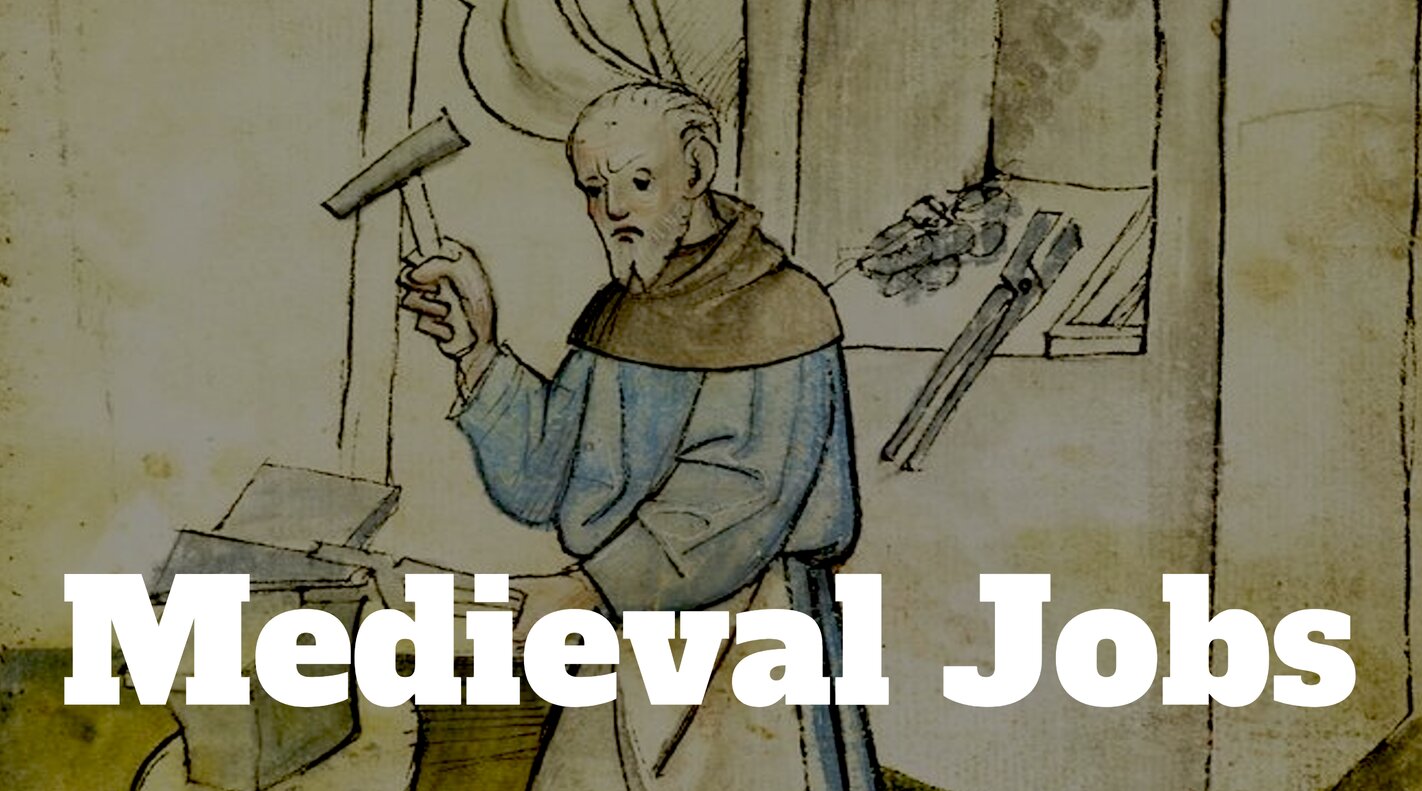
"The House Books of the Nuremberg Twelve Brothers Foundation provide illustrations and descriptions of medieval jobs, showcasing trades and professions from the 15th century."
"Medieval butchers prepared meat for customers, but were regulated due to the smell and waste associated with their trade."
"Bakers were heavily regulated to ensure that their products were affordable for all social classes in medieval society."
"Weaving was essential in the production of clothing, involving various professions and techniques in medieval times."
The House Books of the Nuremberg Twelve Brothers Foundation, created in 1388, document charitable assistance provided to the poor in Nuremberg, Germany. Starting around 1425, these books featured one-page illustrations of individuals helped by the foundation, detailing their names, activities, and time periods. Fifty examples of medieval jobs include butchers, bakers, stonemasons, weavers, winemakers, and fishermen. Each trade played a crucial role in society, with specific regulations governing practices to ensure public health and access to goods.
Read at Medievalists.net
Unable to calculate read time
Collection
[
|
...
]